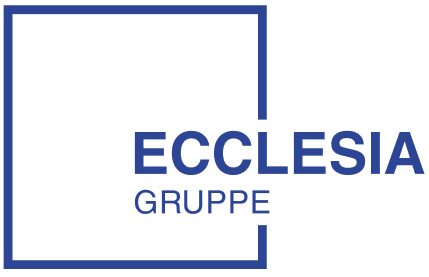
Reinsurance
Market situation and review
Driven by the deficit years in the soft market phase, insurers and reinsurers in particular in the property and liability insurance lines justified sweeping premium increases, reduced capacities, increased deductibles, additional coverage limitations and new exclusions.
One of the drivers of this development on the claims side is climate change and, as a consequence, the increasing number of natural catastrophes around the world, which in particular make it significantly more difficult to protect property in high-risk areas against natural hazards. In liability, our clients are also concerned about the inflationary claims trend in some legal areas of the world – above all in the USA.
For natural hazards, some established and some new risk carriers have emerged that see parametric coverage concepts as the solution to the lack of capacity in high-risk areas and offer them, and we have already implemented some of them for our clients. We take a positive view of the idea behind them – but practice shows that parametric covers often cannot compete with conventional insurance solutions in terms of price. Parametric solutions provide real added value when the traditional market no longer provides capacity for the risk to be covered – in these cases, it is advisable to consult a service provider with actuarial analysis skills, such as Ecclesia Re, in order to negotiate a solution that is as technically and statistically optimal as possible.
In practice, however, insurers not only rehabilitate poorly performing risks, but also policies that have been loss-free for years. In order to continue offering our customers the best possible coverage concepts in these challenging times, the traditional approach to established primary insurers is often no longer sufficient. Instead, it is necessary to close coverage gaps by using international risk carriers or accessing the reinsurance market. Section covers, regional program structures (including US twin towers) and excess of loss business are also increasingly necessary additions to complete the required capacities. For this, we involve our experts from Ecclesia Re, who are strongly positioned in these areas. They have the necessary position in the market to negotiate underwriting tailored to the individual risk situation of the client or industry.
In addition, and particularly since the start of the hard market phase, there is strong demand for alternatives with increased retentions for industrial companies. Whether driven by insurers' demands for higher deductibles, the increasing waves of restructuring despite the absence of losses, or simply the supposed lack of alternatives, captives, PCCs, virtual captives or, as a generic term, alternative risk transfer are presented as a panacea for all these issues. In many cases, this may also be a suitable solution for an industrial company. However, it is important to analyse in detail whether and, above all, which approach is meaningful and appropriate for the individual challenges. Ecclesia Re has already implemented numerous such solutions for our clients, but in many cases we have also shown that the path of a captive may not – or not yet – be expedient.
Market development 2024/2025
The first renewals during the year in 2024 show light at the end of the hard market phase tunnel. Large industrial programs have been renewed at the same conditions as in the previous year, which at least suggests that the market for the main renewal at the turn of the next year will not harden further. On the reinsurance side, none of the established risk carriers is saying that the market is about to see new exclusions (exception: PFAS for exposed risks in liability) or major remediation claims. Particularly in the property sector, we expect a sideways trend.
In certain lines, there still appear to be demands for higher deductibles for industrial clients. However, these are nowhere near as strong and intrusive as they have been in the past 24 months.
Innovative solutions and the sustained development of professional risk management with the support of self-insurance models will continue to be in demand and are here to stay. Such vehicles support the motivation of primary insurers and reinsurers to redouble their efforts to find customized solutions for large industrial enterprises.
Conclusion
The insurance industry is experiencing a dynamic phase in which traditional approaches are often no longer sufficient. The hard market phase of recent years has led to higher premiums, deductibles and exclusions. Climate change, natural disasters and social inflation are further complicating the process of protection. Alternative solutions such as parametric covers and captives are gaining in importance, but do not provide universal answers. Market trends point to a stabilization, while innovative risk management approaches are gaining in relevance. The future requires flexibility and customized strategies for the industrial insurance landscape.
Thinking outside the box is becoming increasingly important as the traditional primary insurance market is increasingly unable to offer solutions that meet our customers' requirements. For some time now, there have been a variety of possible solutions and alternatives, each of which must be evaluated individually for each customer – there is still no single solution that fits all. Together with Ecclesia Re, we find the right key to meet the complex challenges of our customers.
Your deas solution
In German-speaking countries, Ecclesia Re is a pioneer in the field of alternative risk transfer solutions and prepares targeted and customized analyses for its clients. Its excellent placement experience in the international reinsurance market helps our customers to make traditional risk transfer solutions more convenient and better by providing reinsurance support – honestly and transparently.
Marcel Nunne
